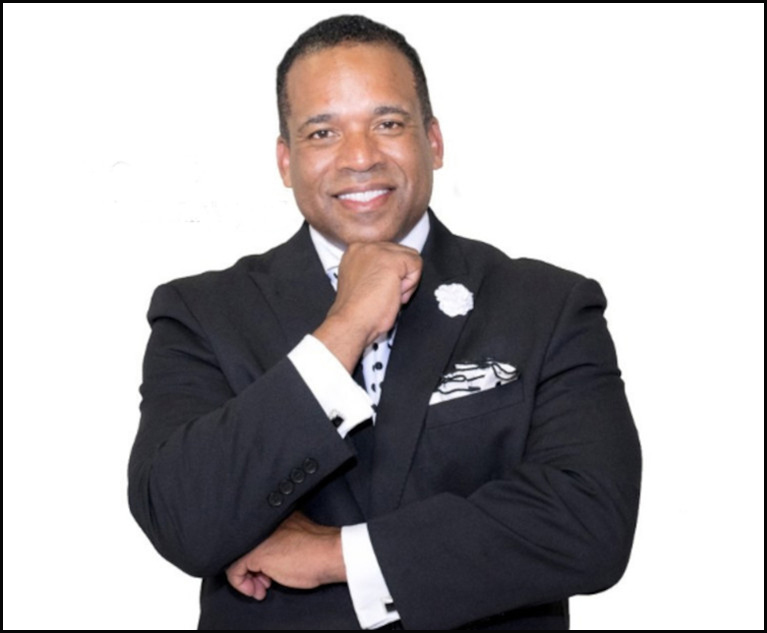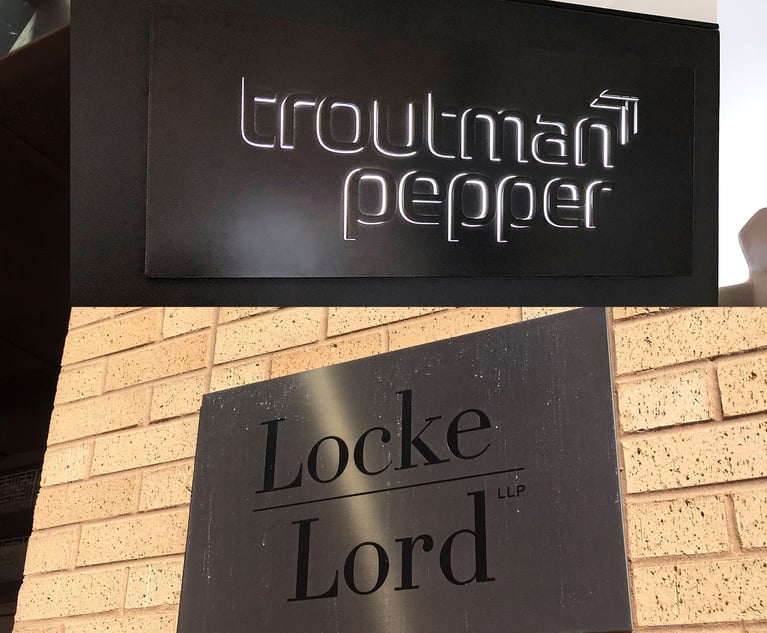Effective dispute resolution is the cornerstone of effective litigation. But to effectively litigate, a litigator must possess a thought process that allows for in-depth thinking and somewhat of a contrarian mindset to effectively solve their client’s dispute. This thought process has to incorporate not just the legal ramifications of the dispute, but it must also include how the dispute will affect the client’s business today and in the future. Focusing on the legal standards and binding authority relative to the client’s dispute is not enough to effectively and efficiently resolve the client’s issues. Instead, it requires a deeper level of thinking.
In the investing world, famous investor Howard Marks calls it “second-level thinking.” He describes second-level thinking as “the ability to see around the corner.” He further describes a second-level thinker as one who goes through a much more complex process when thinking about an asset, rather than simply observing what’s on the surface. In his book The Most Important Thing, Marks says, “first-level thinking says, ‘it’s a good company; let’s buy the stock.’ Second-level thinking says, ‘it’s a good company, but everyone thinks it’s a great company and it’s not. So the stock is overrated and overpriced; let’s sell.’”


 Ian Shaw, associate with Munsch Hardt Kopf & Harr. Courtesy photo.
Ian Shaw, associate with Munsch Hardt Kopf & Harr. Courtesy photo.




